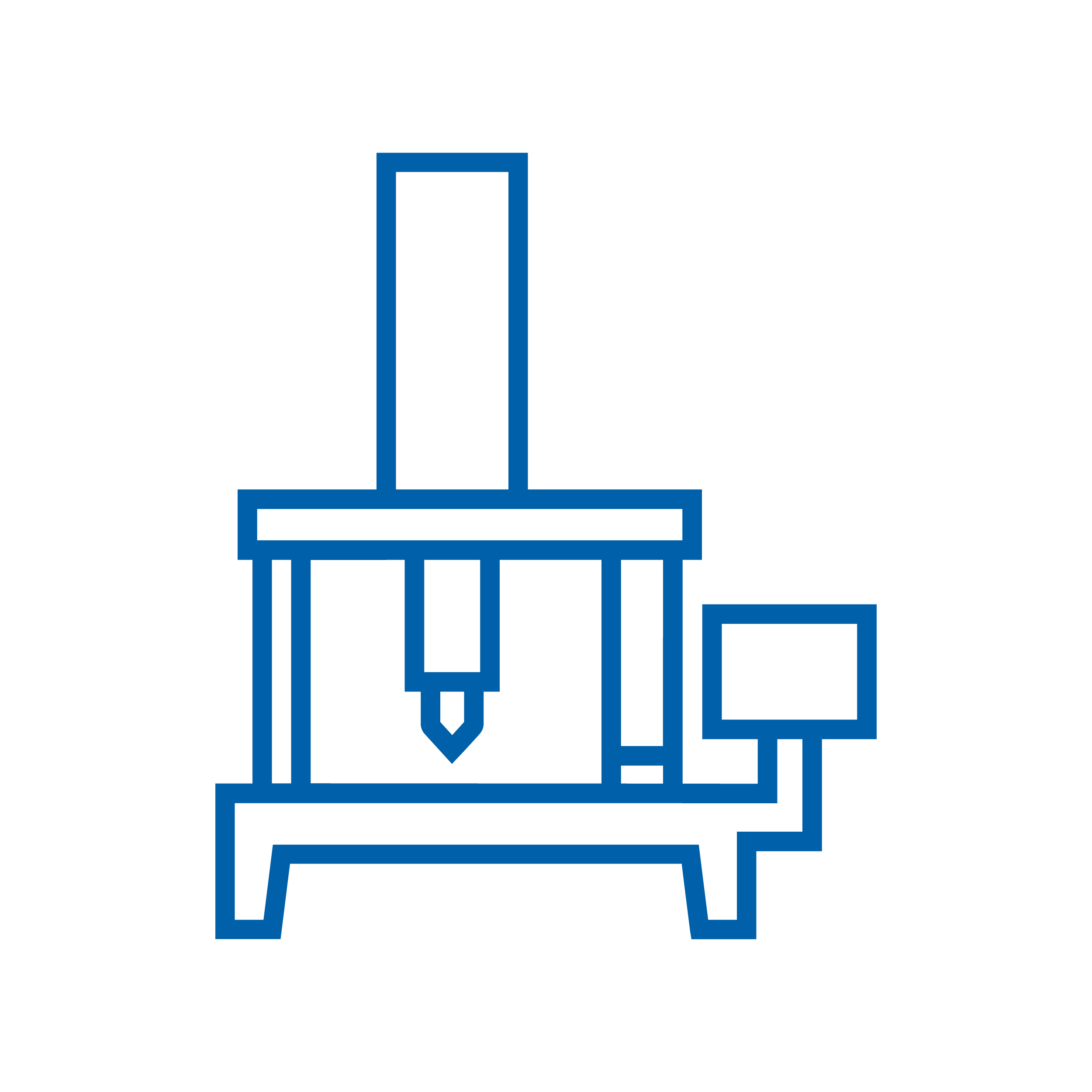Milling
Milling is a machining process that involves the use of cutting tools that are rotated at a set speed and then brought into contact with a work piece.
Milling is a machining process that involves the use of cutting tools that are rotated at a set speed and then brought into contact with a work piece.
A highly precise and efficient subtractive machining process that works on the principle of the lathe machine. It involves placing the cutting tool against a turning workpiece to remove materials and give the desired shape.
Modern precision manufacturing that can produce extremely small parts quickly and accurately.

Documentation capabilities including PPAP’s, AS9102 FAIRs as well as any customer specific inspection documentation.
An engine lathe is a type of machinery, shaped horizontally, and it is often used to cut metal. The metal is turned, and the machine uses special cutting tools to create the desired shape.
Turning involves rotating and cutting a workpiece during production, while the machine remains stationary. The machine, a lathe, spins the material on a vertical or horizontal axis.
Fabrication is the process of constructing products by combining typically standardized parts using one or more individual processes.
CAD/CAM refers to the integration of Computer-aided design (CAD) and Computer-aided manufacturing (CAM).
Support equipment consists of all equipment (mobile or fixed) that is not inherently part of the primary weapon system but is required to support the operation and maintenance of the system.